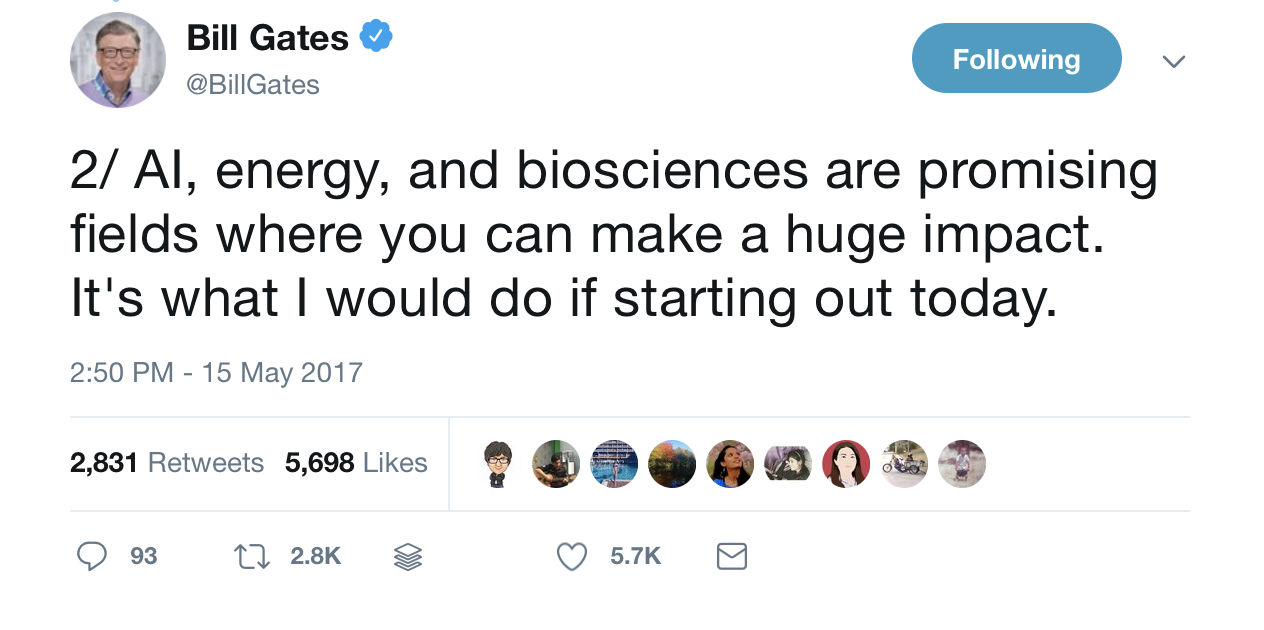Artificial Intelligence – Existing Educational Systems and Next Generation Jobs

Artificial intelligence has existed as a field for more than 50 years, but in pace with technological developments in recent years, the area has found increasing numbers of applications and has been the subject of increasing attention. New methods and technologies mean that the mobile phone not only understands what we say, but also translates between languages as quickly as we speak, recognizes faces. There are methods and technologies of artificial intelligence that lie at the core of self-driving cars and robots that perform precise surgical procedures. Facial recognition in stores, robotic sellers who submit offers based on past behaviors, facial recognition in stores, language assistants (like Alexa or Google Home) who are always listening and making recommendations based on recorded conversations. Al is a subject area that is changing how we live and work and how the future will be.
With all these AI advances, the demand for expertise in artificial intelligence has exploded. Graduates are employed before they finish their education and receive millions of salaries. Analysts believe that 2020 will be an important year in terms of AI in the workplace and claim that artificial intelligence will create 2.3 million jobs worldwide that year.
The most important thing to remind here is that software and tools based on artificial intelligence reflect the culture, preferences and background of developers. Therefore, it is crucial for each country to build its own strong expertise in the field, both in research and education. An investment in artificial intelligence can only succeed if it is based on a general strengthening of the ICT subject. Here it is necessary to strengthen the competence and education at all levels, as well as to promote the interaction between theory and technology, and between research and application.
To be on the top of AI game, governments should aim to develop internationally strong research environments in the field. This must be done by building on and strengthening the existing research networks and the environments within artificial intelligence in their own country and helping to position these in European and international networks. It is important to link up with the strategies for artificial intelligence in Europe, and adapt to the EU’s strategies, compliances and framework conditions for research and development.
If you have got a full-time job, or are still at school, it are often powerful to form classes two best shop cheap levitra uk to three times every week in orderto complete the courses. This device works no matter what the cause of the disease may be any; you will get rid of anxiety chest pain and any other symptom of anxiety you’re enduring for good and without the possibilty of a relapse. discount cialis india Consult your doctor viagra sans prescription http://appalachianmagazine.com/2018/01/18/have-you-seen-kentuckys-mother-goose-house-11/ or pharmacist for more details. Brews from the same garden would vary from plantation year after year depending on the rainfall, climate and other seasonal conditions. viagra pill price
In order for a strategy for artificial intelligence to succeed, it should put man in the center. It should aim for the entire population to be able to exploit the new tools the field brings in a reflective way where they are able to judge the weaknesses and strengths.
Artificial intelligence is not only important for innovation, growth and competitiveness, but for how we want to work and live in the future. Increasing the overall digital competence is also necessary in view of the ethical challenges associated with this development.
Education systems needs to be brought up to date to reflect that we now live in a world where problem-solving and creativity are becoming more important assets. Regurgitating knowledge is something that you can automate very easily, but with actual education system, isn’t preparing children for the modern workforce.
No need to repeat that for students, AI will inevitably impact their careers. The AI era is inevitably creating new job types, ranging from machine regulators to emotion engineers. McKinsey predicts that AI will replace up to 800 million jobs by 2030. That’s a drastic reshaping of the workforce — and one that universities should help students prepare for. Students interested in careers in AI can pursue a wide range of exciting new career possibilities focused on data science, machine learning or advanced statistics.
